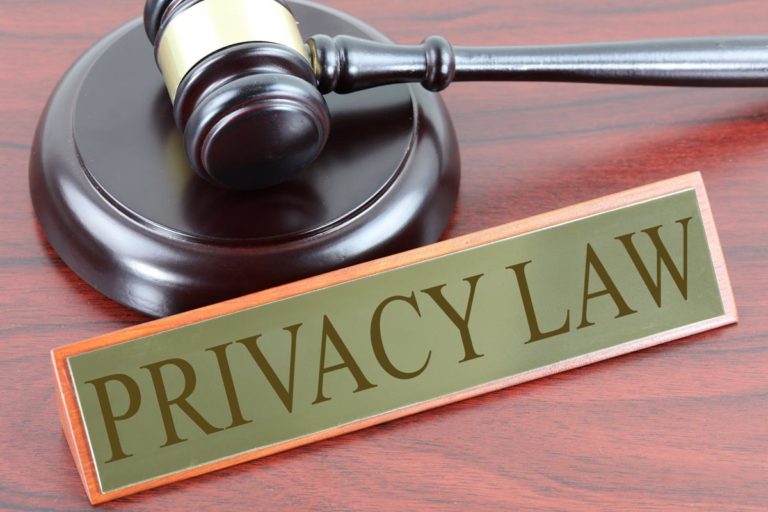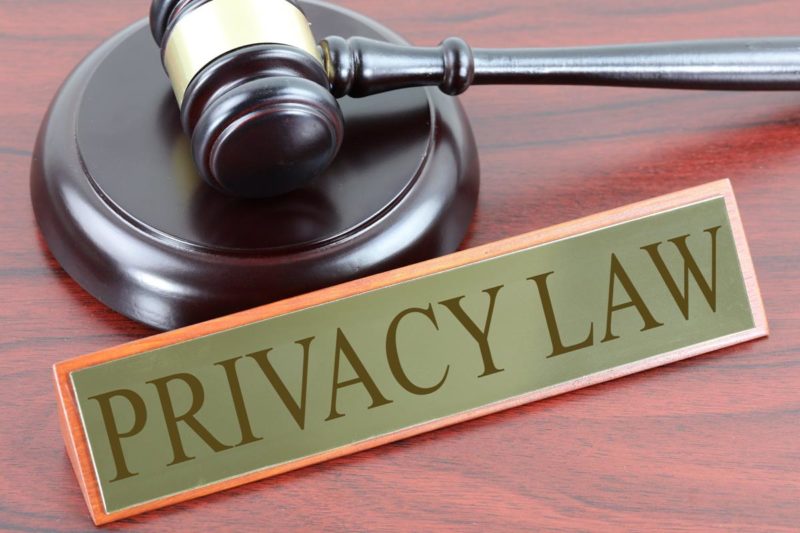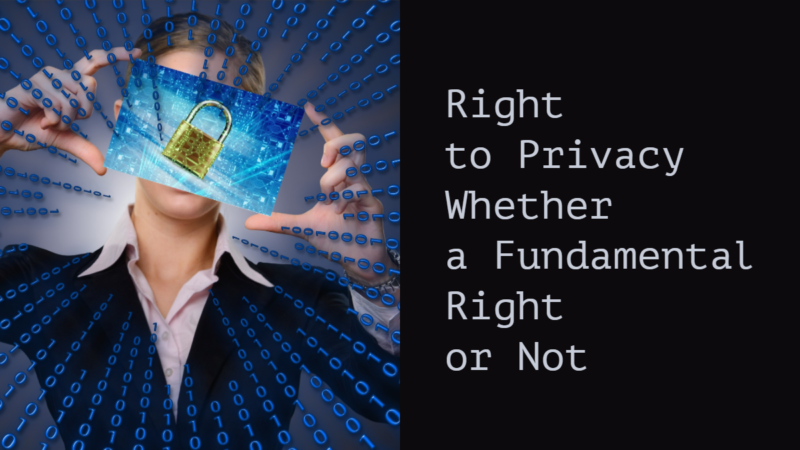
Right to Privacy comes under Article 21 of the Constitution of India, which talks about Right to Life and Liberty. What privacy are we talking about here? This right to privacy ensures that if a person wants to remain silent about identity, they must have a right to do so, under certain restrictions. This question of the right to privacy arose when a person tried to challenge the validity of Aadhar Card, Unique Identification Code, saying that it harms the individual’s Right to Privacy.

History of Right To Privacy
Right to Privacy is not a new concept. It has been debated in India for as long as 60 years in India. The question which arose in the case of Maneka Gandhi v. Union of India has been talked over the years. But all the judgments regarding the right to privacy had been conflicting.
In 2015 the question arose as to whether the Aadhar framework is Unconstitutional, regarding the right to privacy, there was a three-judge bench which decided on this case. Although the Attorney General cleared that the right to privacy is a fundamental right under part III of the Constitution but later in the case of MP Sharma an 8 Judge bench gave judgment that Right to Privacy is not exclusively protected by the Constitution.
Thereafter, the five-judge bench referred to the constitutional question to an even larger bench of nine judges to pronounce authoritatively on the status of the right to privacy.
On 24th August 2017, a nine-judge bench of the Supreme Court in Justice K.S. Puttaswamy vs Union of India passed a historic judgment affirming the constitutional right to privacy. It declared privacy to be an integral component of Part III of the Constitution of
India, which lays down our fundamental rights, ranging from rights relating to equality (Articles 14 to 18); freedom of speech and expression (Article 19(1)(a)) freedom of movement (Article 19(1)(d)); protection of life and personal liberty (Article 21) and others. These fundamental rights cannot be given or taken away by law, and all laws and executive actions must abide by them.
Retired judge justice K.S Puttaswamy filed a petition challenging the constitutional validity of this Aadhar project contending that there was a violation of the right to privacy of the citizens since, the registration for Aadhar is made mandatory.
As a result of which all those who don’t even want to register themselves, are not left with an option. Moreover, there is a lack of data protection laws in India and hence, there are chances that the private information of the people may be leaked if proper care is not taken. This will lead to a violation of the right to privacy of the individuals.
How Right to Privacy Works
Right to Privacy of an individual extent as long as their privacy doesn’t affect the public at large. Before the rights included in Article 21 of the Constitution, maintaining social order and justice is the primary objective of the law. Fundamental rights cannot be granted, setting aside the norms set for maintaining social order. In Govind v. State of M.P 1975 SCC 148; the Court laid down the following observation
- The court cannot completely rely on a right which is not expressly granted by the Constitution. If the Court did so then it would compel the citizens to question the judicial reliability.
- Right to privacy cannot be an absolute right and it has to comply with the “state interest test”.
- Surveillance cannot be said to be violating the right to life and also right to privacy because only those criminals who are suspected of committing a crime are put under surveillance. This step is necessary to prevent the commission of further crimes.
Why Right to Privacy is Important
Now it is in the Constitution that Right to Privacy is a fundamental right. The judgment of the Supreme Court is correct in all its sense which says that with the growing information technology, privacy needs to be a fundamental right. And if there arises a conflict between infringement of privacy rights and public interest, reasonable care should be taken to see what holds more Importance. After all individual interest cannot override public interest.
